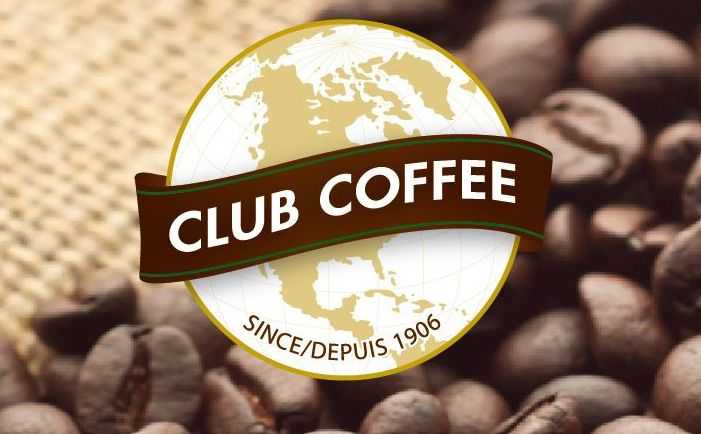TORONTO – Club Coffee, a Canadian coffee roaster and grinder and manufacturer of single serve coffee pods, is suing coffee giant Keurig Green Mountain because they are using anti-competitive measures to maintain a near monopoly and keep single serve coffee prices artificially high.
Club Coffee also says Keurig spreads baseless and disparaging lies about competitors’ coffee pods to mislead consumers and coerce third parties into exclusive agreements. Club Coffee is seeking $600 million in damages. Keurig has over 90 per cent of the single serve coffee market in North America.
Club Coffee launched its innovative soft-bottom coffee pods for Keurig brewers in 2012. It had rapid success in earning customers with pods that were usually available at lower prices than Keurig authorized K-Cup™ packs. Club now manufactures and sells various brands of coffee pods with a strong focus on private label brands. The company also recently announced it will bring a fully compostable coffee pod to market imminently that uses bio-resins instead of plastics. The new compostable pod was developed with partners, including the University of Guelph.
Following unsuccessful attempts to assert its patent rights to prevent third party manufacturers from selling coffee packs for use in Keurig brewers, Keurig announced plans to launch the new Keurig 2.0 brewer with “lock-out” technology to interact only with Keurig-licensed and approved K-Cup packs. The new brewers offer no improvements to the brewing process and are designed to lock out competitors using what they claim is a “proprietary technology.”
In fact, the brewers simply detect special inks applied to K-Cup lids. The inks are easily duplicated and Club Coffee has pods in production that can be used in the Keurig 2.0 brewers. We have found no record of any proprietary rights in the 2.0 technology, nor has Keurig pointed to any “proprietary rights”.
“We knew consumers would be staring at a virtual Keurig monopoly unless we took action. Keurig has used claims of proprietary technology to coerce retailers and other customers into exclusive arrangements to sell only Keurig-blessed products,” says Club Coffee CEO John Pigott. “The situation is simple here. Keurig wants less competition, less consumer choice, less room for innovation and to keep prices high for consumers.”
Keurig also recently announced a nine per cent rise in price to the Keurig brand K-Cup.
“Consumers have a right to choice and value, and they love our pods,” says Pigott. “They told us our soft bottomed-pods were a significant advance and they are demanding to see our fully compostable pods come to market. You can circle the earth 11 times with the hard plastic K-cups that will be produced this year. Keurig should welcome healthy competition and the innovation it creates instead of trying to block us.”
Rob Russell, Chair of the Competition Law and Antitrust Group at BLG says, “These cases are important because these anti-competitive practices lead to uncompetitive and tightly controlled markets. The single serve market is one of the fastest growing categories in grocery, and consumers must be able to access value, choice and innovation.”
The Statement of Claim also says:
- Keurig has made false statements about soft pods to dissuade consumers from purchasing Club’s products, saying they will damage Keurig Brewers. None of these claims are substantiated or documented. In fact, Club’s pods go through five quality control checks to ensure their integrity and two years of consumer use has confirmed this.
- Keurig representatives have slandered Club Coffee and its products. Earlier this year, a representative of Keurig posted a comment on Club’s Single Jo website stating that the pods were “stale coffee”.
- Keurig also requires its authorized distributors (“Keurig Authorized Distributors” or “KADs”) to agree to refrain from dealing in unlicensed Keurig brewer-compatible packs. This imposes significant restrictions on the sales channels available to suppliers like Club.
- Keurig has entered numerous licensing agreements with leading third party coffee roasters to manufacture and sell K-Cup Packs bearing the trademarks of those roasters’ brands. Such agreements include, among other things, provisions preventing those roasters from dealing with competitors such as Club.















